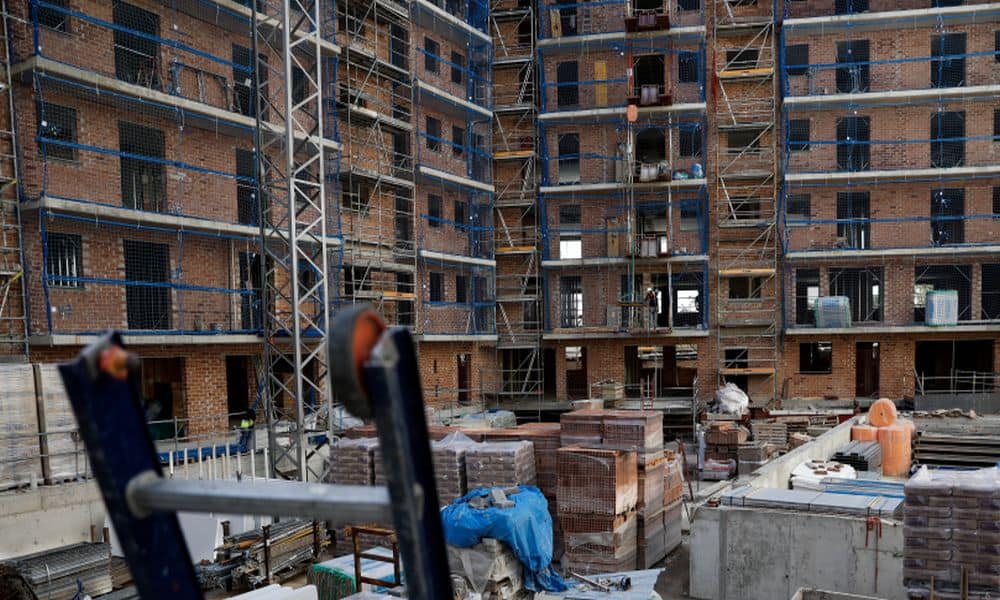
Standard requires 30% of new developments
This rule requires reserving 30% of new developments and major rehabilitations for affordable housing that have contributed to this problem. One of the pending tasks of Jaime Collboni’s municipal government is to review this regulation.
Residential construction in Barcelona has greater variability compared to the rest of the metropolitan area and Catalonia. This is due to the restricted supply of land that is available for building.
These promotions began once the 30% rule was approved. For 2019. This number of residential building permits decreased significantly. And in 2023, where new construction approvals fell by 48.7%, representing a lower proportion of housing starts compared to 2019.
Economic and financial factors
Economic factors are the main obstacles to the construction of new housing in Barcelona. After the COVID-19 pandemic, the global economy was left with a large footprint that has been difficult to recover from.
The real estate sector has been adversely affected, greatly impacting financing conditions. In this sense, banks choose to adapt restrictive policies to grant mortgages, which prevents access to the necessary financing for home purchases and construction.
Increased construction costs
Another factor that has slowed housing production has been the increase in construction costs. The prices of materials have risen significantly in recent years, thus increasing the total cost of the projects. This situation is exacerbated by the shortage of skilled labor in this sector, which further increases costs.
Public policies and proposed solutions
The Barcelona City Council has implemented several policies to try to reverse this situation. The measures include tax incentives for developers, the promotion of subsidized housing. In addition, collaboration with the private sector for the construction of affordable housing. However, these efforts have not been sufficient to meet the growing demand for housing.
The stagnation in housing production in Barcelona is a major challenge that requires a comprehensive solution. In the meantime, there is no affordable housing, which hurts all city residents. Hence, it is necessary to revitalize the housing construction sector, this will ensure that Barcelona remains a city accessible to all inhabitants.



